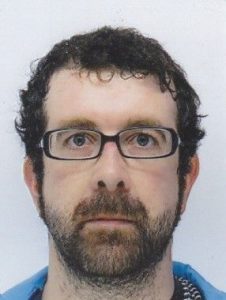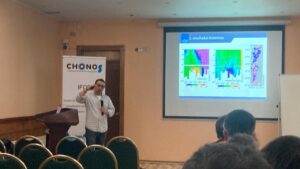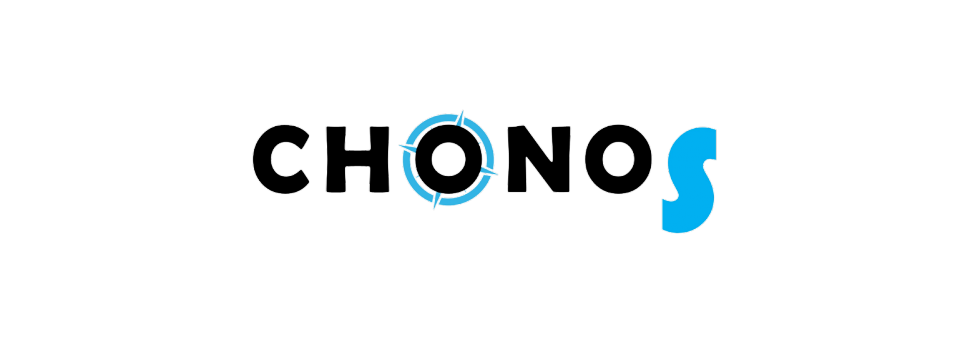“Climate change in the oceanography of Chilean Patagonia, towards a horizon of challenges in aquaculture”.
October 8th, 2024On Friday, September 27, at the Vicente Costanera Hotel in the city of Puerto Montt, and also remotely, the Fisheries Development Institute (IFOP) held the workshop “Climate change in the oceanography of Chilean Patagonia, towards a horizon of challenges in aquaculture”. During the day, researchers and experts presented how to contribute to improving decision-making in the aquaculture and fishing sector in southern Chile.
Susana Giglio, representative of the Aquaculture Division of the Undersecretariat of Fisheries and Aquaculture, was in charge of inaugurating the event, followed by the welcoming remarks of Alejandra Oyanedel, head of the Environment Department of IFOP. Both highlighted the importance of sustainable development in aquaculture and the central role that scientific research plays in this process.
 Later, there was the presentation by Pablo Reche, a researcher at IFOP, who spoke about the CHONOS platform, which is an oceanographic information system whose products and applications are the result of environmental studies that, through numerical modeling, aim to improve the management and planning of the territory, as well as the management of environmental and health contingencies https://chonos.ifop.cl/
Later, there was the presentation by Pablo Reche, a researcher at IFOP, who spoke about the CHONOS platform, which is an oceanographic information system whose products and applications are the result of environmental studies that, through numerical modeling, aim to improve the management and planning of the territory, as well as the management of environmental and health contingencies https://chonos.ifop.cl/
Designed to provide oceanographic and atmospheric information in real time. Reche explained that this platform, created in 2018, is primarily intended for decision makers in the sector, but is accessible to any interested user. “CHONOS offers data from both numerical models and field observations, delivered in a timely and relevant manner to support decision making,” said Reche, highlighting its free and open use.
Among the most important components of the CHONOS platform is MOSA, a pioneering model in Patagonia that provides 72-hour oceanographic and atmospheric forecasts. Reche explained that this system allows monitoring critical variables that affect aquaculture in the region. “MOSA is the first operational model that provides forecasts of these variables, making it an essential tool for planning and managing aquaculture activities,” he said.
The workshop also included key presentations from other IFOP researchers. Oliver Venegas spoke about Oceanographic and Atmospheric Operational Monitoring and Modeling, focusing on the study of extreme events.
 Gabriel Soto, meanwhile, addressed the Dynamics of Dissolved Oxygen in Patagonia, emphasizing the identification of fragile zones and associated processes that influence aquaculture activity.
Gabriel Soto, meanwhile, addressed the Dynamics of Dissolved Oxygen in Patagonia, emphasizing the identification of fragile zones and associated processes that influence aquaculture activity.
Jurelys Vellojin gave a presentation on Coastal Acidification, highlighting the importance of constant monitoring in Patagonia to anticipate the effects of climate change on Chilean coasts. This topic is particularly relevant for the future of aquaculture, as changes in water quality can have significant impacts on farmed species.
Finally, Pablo Reche emphasized that CHONOS is constantly evolving, with new developments planned for the future. “These numerical models are continuously improved with new parameterizations, allowing us to obtain more accurate results as we go along,” he said, highlighting the collaboration between field observations and technical adjustments on the platform.
Press related links:
